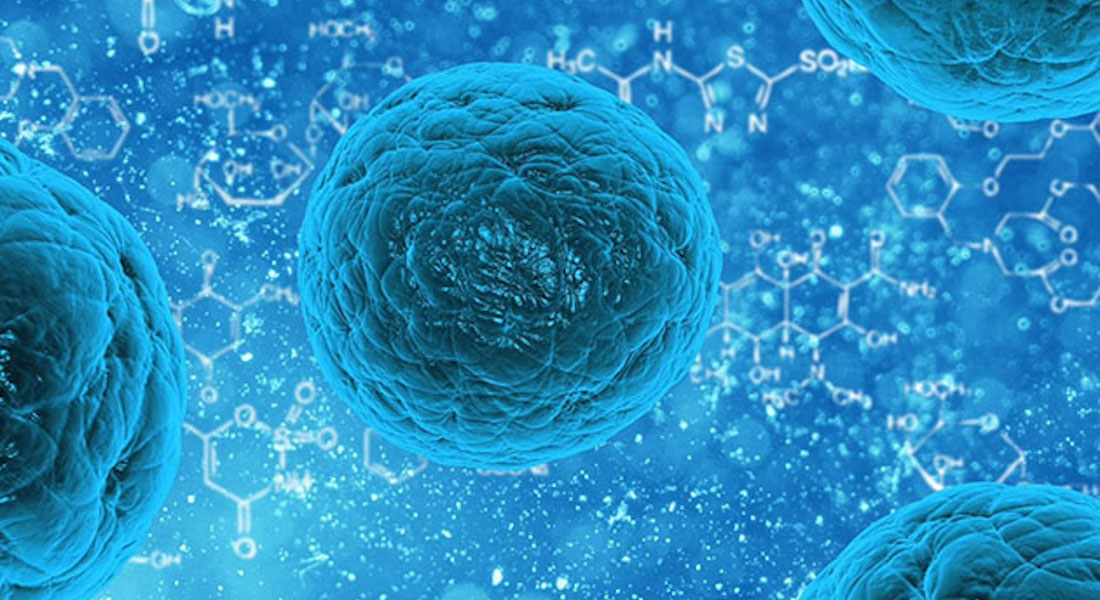Three Marie Curie Grants awarded to Center researchers
Three researchers were recently awarded MSCA Grants for research projects to be done at the Center for Evolutionary Hologenomics in the years to come.

How can DNA sequence variation affect the 3D folding structure of the genome? What are the genomic consequences of social structure? And what can genomic and microbial metagenomic information tell us about why the non-native grey squirrels ousts the native red squirrels in Europe?
These questions are the foundations of three upcoming research projects that have just been awarded Marie Skłodowska-Curie Actions Grants and will commence at the Center for Evolutionary Hologenomics.
3D research
Postdoc Juan Antonio Rodríguez Pérez has been awarded 215,000€ (1,6M DKK) for the research project “POPARCH: The role of POPulation scale genetic variation in chromosome 3D ARChitecture”. Juan is part of the Hologenomics Group at the Center, working with Center Director Tom Gilbert. The project will investigate how DNA sequence variation can affect the 3D folding structure of the genome.
“The linear one-dimensional DNA fiber inside each Eukaryotic cell nucleus folds into a precise three-dimensional structure, whose structural preservation is vital for correct cell homeostasis and gene-regulatory mechanisms,” explains Juan Rodríguez. “It is therefore important to acknowledge this dimension in order to understand those fine regulatory mechanisms that ultimately control for phenotypes or diseases.”
POPARCH will run for two years and commences in October 2023.
Genomics of social structure
Bárbara Perreira will be joining Associate Professor Shyam Gopalakrishnan’s Population and Statistical Genetics Group with the research project “Genomics of social structure and its implications for conservation”. Bárbara was awarded 230.774€ (1,71M DKK) on a Individual Marie Curie Fellowship Grant.
The project will study the genomic consequences of social structure and how dispersal and mating systems are major components of genomic diversity. This will be done by developing a theoretical framework to infer socio ecological parameters and the recent demographic history of species from genomic data.
“At a time in which environments are dominated by anthropogenic activities that affect the structure and dynamics of species, this approach will be especially important to reveal fundamental social parameters that species need to survive in environmental changes,” says Bárbara Perreira.
Squirrel conundrum
Finally, a research project in the Animal-Microbiota Interactions Group under Associate Professor Antton Alberdi has been granted a Marie Curie Fellowship. This project is on the hologenomics of red and grey squirrels in Europe.
The project will investigate if the reason that the introduced grey squirrels are out-competing the native red squirrels of Europe can be explained through both genomic and microbial metagenomic information, coupled with behavioural and other ecological traits.
Contact:
Postdoc Juan Antonio Rodríguez Pérez
Associate Professor Shyam Gopalakrishnan
Associate Professor Antton Alberdi
